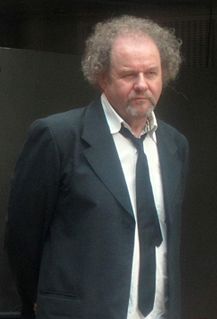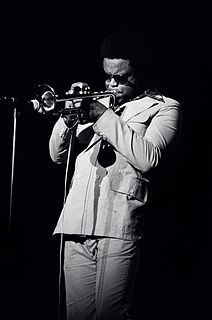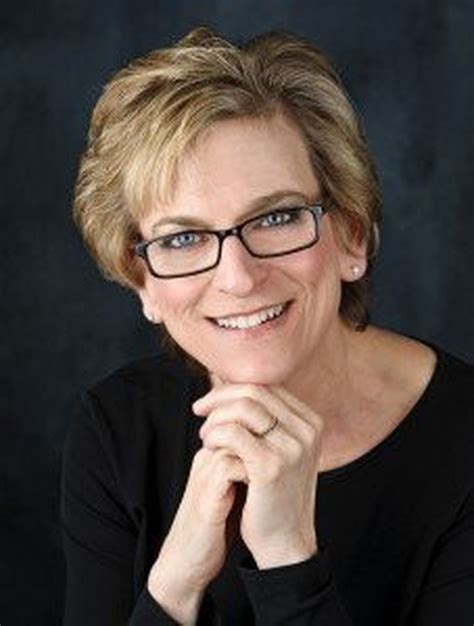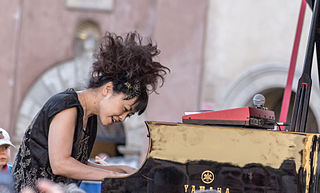A Quote by Yanni
New Age is a very small box. It was a term that was brought in by the music industry to classify music that is neither jazz, classical, pop or rock. They didn't know what to call it or what to do with it. So they threw it all together under this one name.
Related Quotes
The average age of the Jazz audience is increasing rapidly. Rapidly enough to suggest that there is no replacement among young people. Young people aren't starting to listen to Jazz and carrying it along in their lives with them. Jazz is becoming more like Classical music in terms of its relationship to the audience. And just a Classical music is grappling with the problem of audience development, so is Jazz grappling with this problem. I believe, deeply that Jazz is still a very vital music that has much to say to ordinary people. But it has to be systematic about getting out the message.
When I was nine years old, I started playing guitar, and I took classical guitar lessons and studied music theory. And played jazz for a while. And then when I was around fourteen years old, I discovered punk rock. And so I then tried to unlearn everything I had learned in classical music and jazz so I could play in punk rock bands.



































